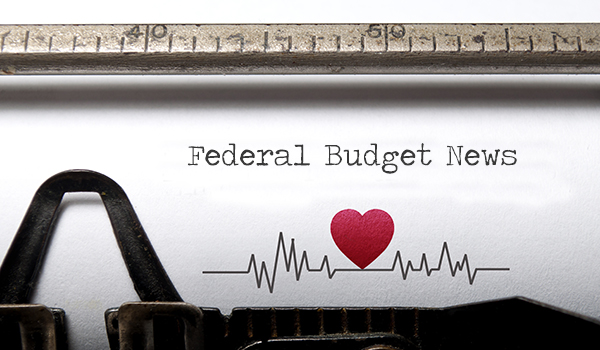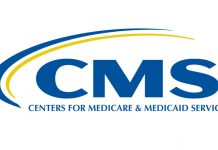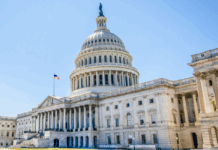
Congress took action late last week passing a three-week continuing resolution (CR) that avoided a partial government shutdown. The CR keeps federal programs funded at current levels until Jan. 19 and includes a waiver from PAYGO rules to prevent the tax legislation just signed into law from triggering a $25 billion cut in Medicare. Also, the CHIP program received $2.85 billion, allowing it to continue through the end of March 2018, and the Veterans Choice program received $2.1 billion.
As we look to 2018, it appears that Congress will likely be unable to forge bi-partisan, long-term solutions to the myriad of unresolved health care issues. Among these issues are several items of unfinished business that directly impact South Dakota health care providers and consumers.
Some of these include: Fully funding the Children’s Health Insurance Program (target for five years); eliminating Medicaid disproportionate share hospital (DSH) cuts; extending important Medicare programs for rural hospitals; private market stabilization; and disaster relief. The fate of cost sharing reduction (CSR) payments remains unresolved and is important given the robust enrollment numbers in the insurance exchange marketplace.
Senate leadership, recognizing the realities of losing the Alabama Senate seat, has indicated they are not likely to pursue additional Medicare cuts, Social Security reforms or major changes for other entitlement programs next year. Senate Majority Leader Mitch McConnell (R-KY) has stated he will not pursue additional efforts to repeal and replace the Affordable Care Act (ACA).
In contrast, House Speaker Paul Ryan (R-WI) continues to publicly talk about the need to make changes to entitlement or “safety net” programs such as TANF (welfare) and SNAP (food stamps). Either effort would require bipartisan collaboration, which has been difficult to achieve. The President has stated that he will push his infrastructure package as the next major legislative issue.






